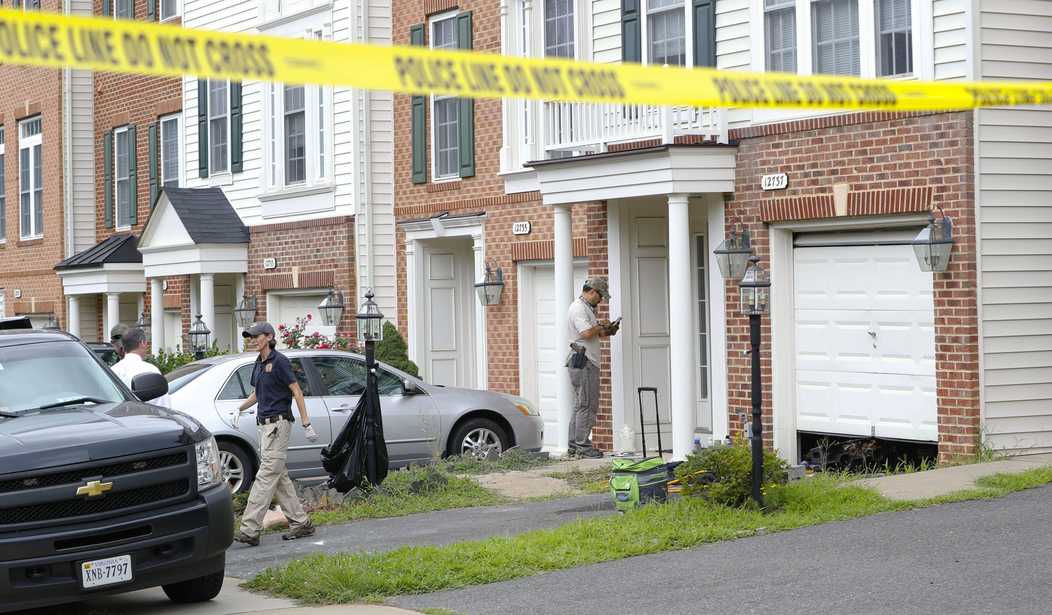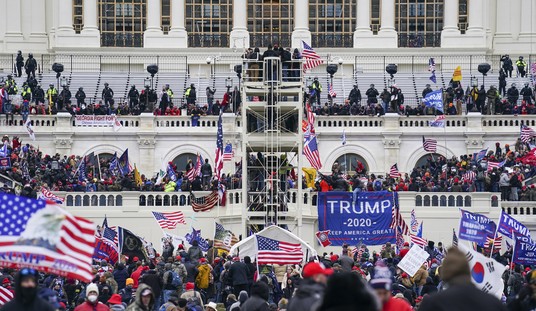WASHINGTON — House chairmen are demanding to know how a Metro Transit Police officer arrested Wednesday on charges of supporting ISIS was not a threat to D.C.’s subway system during the years he was under surveillance or being questioned by the FBI.
Nicholas Young, 36, of Fairfax, Va., had been employed by the department since 2003 and was terminated only upon his arrest.
According to the FBI, law enforcement first interviewed Young in September 2010 as an acquaintance of his, Zachary Chesser, had been arrested for trying to aid Al-Shabaab. He confessed and was sent to the Supermax prison in Colorado. He was the second convicted terrorist tied to the police officer — he knew Amine El Khalifi, who pleaded guilty to a plot to try to blow up the U.S. Capitol.
The criminal complaint details Young’s trip to Libya in 2011 and years of conversations with an informant and undercover FBI agents about potentially attacking the FBI or the Alexandria U.S. District Court, in addition to aiding the informant on his supposed immigration to the Islamic State. Young was arrested after buying mobile phone gift cards for use by ISIS.
Young, a convert to Islam, allegedly dressed up as Jihadi John, the ISIS beheader, for a Halloween party in 2014, and told authorities this while being investigated for domestic violence in 2015. He also bears a Nazi tattoo on his neck and collected Nazi memorabilia.
Paul J. Wiedefeld, the general manager and CEO of D.C.’s Metro system, said in a statement that “since I received my first briefing on this matter, [Metro Transit Police] Chief [Ronald] Pavlik and I have worked hand-in-glove with the FBI in the interest of public safety and to ensure that this individual would be brought to justice.”
On Wednesday, House Oversight and Government Reform Committee Chairman Jason Chaffetz (R-UT), along with Subcommittee Chairmen Ron DeSantis (R-Fla.), Mark Meadows (R-N.C.), and John Mica (R-Fla.), sent a letter to Wiedefeld wanting to know exactly how the safety of Metro riders was ensured during this time.
“In light of the arrest of a MTPD officer for attempting to provide material support to ISIS, and the recent terrorist attacks on soft targets in France, Belgium, California, and Florida, the Committee has questions about the security of the Metro transit system. The affidavit filed by the FBI in support of criminal charges against Mr. Young details his connections to individuals and organizations engaged in terrorist activities,” the chairmen wrote.
“It is unclear from the complaint and related media coverage what safeguards, if any, were put in place by MTPD or the Washington Metropolitan Area Transit Authority to ensure Mr. Young was not a threat to the safety of transit system riders during the time he was under surveillance. The complaint does not refer to any restrictions on his access to sensitive information or locations. All that is clear is Mr. Young remained on the MTPD police force until today, when he was arrested.”
The lawmakers stressed that more than 200 million people ride the Beltway transit system each year, and “attacks on transit systems around the world make clear that Washington’s Metro system is a target for individuals and organizations that wish to perpetrate terrorist attacks.”
“As the Committee with both oversight and authorizing jurisdiction for WMATA, we take seriously our role as a partner in ensuring the safety and security of passengers on the Metro system,” they added.
The chairmen requested information from WMATA by Aug. 17 on their procedure for background checks on new and existing employees, on correspondence with the FBI about the investigation of Young, and on any restrictions to sensitive areas or information that Young worked under.
While not addressing Young’s specific duties, White House press secretary Josh Earnest said “generally” Wednesday that the Department of Justice and FBI officials “take quite seriously the responsibility that they have to protect the American people.”
“And we’ve seen the FBI and U.S. Attorneys across the country make announcements about arrests that they have made and even convictions that they’ve won against individuals who have sought to support extremist organizations,” Earnest said. “And we’re mindful of the risk that is posed by homegrown extremists.”









Join the conversation as a VIP Member